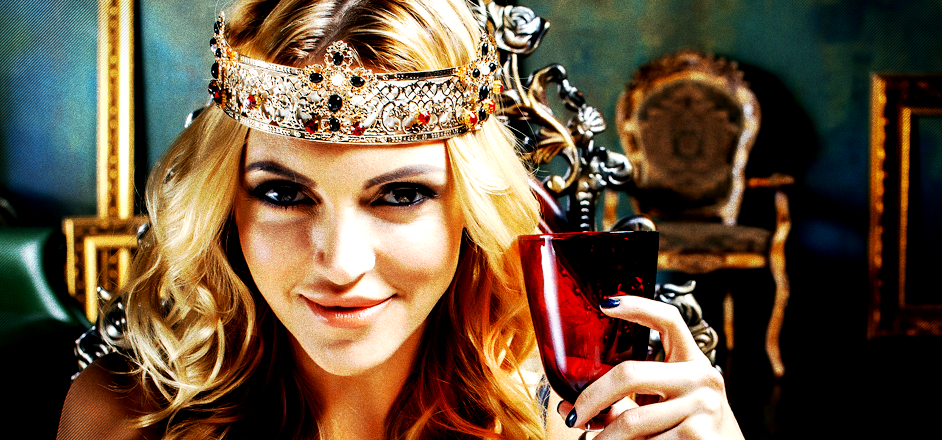He was tall, polished, and well-mannered. He dressed head to toe in designer names like Gucci and Armani, and had solid gold dangling from his neck and wrists. He descended from a line of royalty, but never revealed any rush to reach the throne — or anyplace else, for that matter. He moved slowly and nonchalantly, as if there were never any hurry in the world.
His name was Abdullah, and he was the grandson of the King of Saudi Arabia. His father owned the largest hotel chain in the Middle East, and “dabbled in oil,” as Abdullah explained. He was the richest son of a bitch I’d ever met, and in the months I knew him, he showered me in gifts and affections. After eight weeks together in a foreign exchange program, he proposed to marry me. And his offer had all of the glimmering hopes of a happily ever after — except for one.
I’d be the first of his many wives.
And in that instant, I was forced to consider the value of numerous elements of my future. We’ve all had these momentous events in our lives, that ask to determine what’s most important to us, and choose between two clear paths forking in opposite directions. The choice can be a paralyzing struggle, because selecting one leaves us blind to any potential outcomes at the end of the other.
I was asked to choose among freedom or submission, a modest living or excessive wealth, a family legacy of middle-class Americans or middle-eastern royalty.
When he initially presented this proposal, it struck me as a joke. The aloof Abdullah was always cracking quips, so of course, I chuckled at his absurd question. But the discouraged earnestness in his eyes quickly convinced me that he was sincere.
He wanted me to live in his mansion in Dubai, where I would be waited on hand and foot by servants, chefs, and housekeepers. The past eight weeks we’d enjoyed together could carry on endlessly, he promised. And this pledge was appealing.
With him, the world was my oyster. Any adventure I’d ever wanted but could never afford became possible. Every ticket to a concert or museum, every piece of clothing, and every extravagant meal I craved became mine. His money opened up a world of opportunity beyond my wildest dreams.
But this dilemma begged the question: was I putting a price on my freedom? If the time came for Abdullah to succeed his father in the monarchy, we would move to Saudi Arabia, where women have among the most limited rights in the world.
In Saudi culture, most women cannot work, cannot leave the house without a male guardian, and cannot expose their bodies beyond the cover of a hijab or niqab. Every feminist conviction I was raised to believe need go to the wayside if I ever wished to be content in their suppressive patriarchal culture.
My choice also hinged on the chance that “money can’t buy happiness.” I’d heard that lottery winners usually end up more miserable than they started. I recalled studies showing that the majority of people who win, inherit, or otherwise suddenly come to own a vast amount of money squander it within the first few years, leading to social and emotional ruin.
In the end, the idea of my becoming one of many subdued spouses cost too much to be bought. It seemed counterintuitive, but I feared marrying into royalty would render me powerless. Like so many others, I had to abandon all the unknown potential that one life path offered in order to pursue another.
Some days, the desperate impression of poverty — like opting out of buying waffle fries at the Chick-fil-A drive thru because I simply can’t afford them — makes me feel like I made a mistake. Abdullah would buy me a swimming pool full of waffle fries if I gave him the chance.
But other days, the exhilarating feeling of freedom — like running around a gay pride festival on Pensacola beach in nothing but brazilian bikini bottoms and sequin nipple tassels — makes me feel like I made exactly the right choice.
In the future, I hope every little girl who dreams of becoming a super-rich princess will consider feminism and freedom, and will tell their handsome prince to fuck off.




Leave a Reply